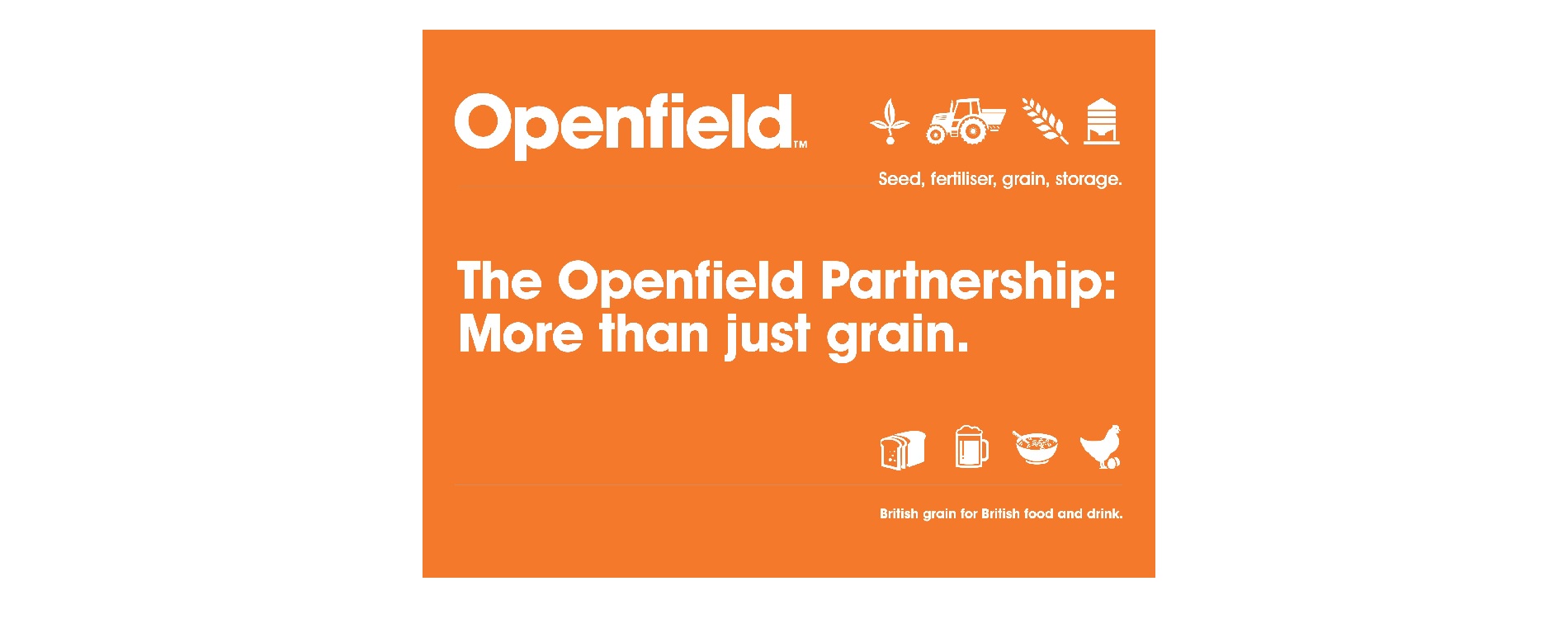Openfield named as seventh largest UK co-operative
Openfield Group, the British farmer-owned co-operative, has been named as one of the leading co-operatives in the UK. The National business is listed as the seventh largest on the Co-op Economy top ten co-ops, published by Co-operatives UK yesterday.
Openfield is proud to be Britain’s only national grain marketing and arable inputs co-operative. It is owned by 4,152 farmers and sells around four million tonnes of British grain every year to some of the biggest and most well-known food and drink brands in the UK.
James Dallas, Openfield’s Chief Executive Officer said, “Having celebrated our 10th anniversary last November, we are really pleased to be the UK’s seventh largest co-operative. We work hard to provide excellent service in an integrated and innovative supply chain, which makes our UK co-operative scale and position unique.”
Co-ops are organisations owned and controlled by their members. They operate across all sectors, from community-owned pubs to multi-billion pound high street retailers and from the UK’s biggest farmer owned agriculture businesses to supporter-owned football clubs. The UK co-op economy is worth £37.7 billion – up £400m on the previous year – with 7,215 independent co-ops employing over 233,000 people and 13 million members who own and have a say in how the UK’s co-ops operate.
Ed Mayo, Co-operatives UK Secretary General, said: “The entire UK economy could learn a lot from co-operative businesses such as Openfield. More co-ops can help pave the way for an economy that doesn’t just serve the rich – those already at the top of the food chain.
“Co-ops are more equitable; wealth is shared amongst members and they enrich the communities in which they operate. Not only are they better for society, but they’ve also got a much greater chance of surviving the difficult first few years of a new business.”
The 2019 report reveals that almost three out of four co-op start-ups (72%) are still flourishing after the difficult first five years of existence. In stark contrast, more than half of all new companies (57%) have ceased to exist before reaching that same milestone.
The Co-op Economy Report 2019 is compiled by Co-operatives UK, on behalf of the co-operative movement. It reveals turnover, membership and employee figures for thousands of co-op businesses. You can read the full report: http://www.uk.coop/economy




